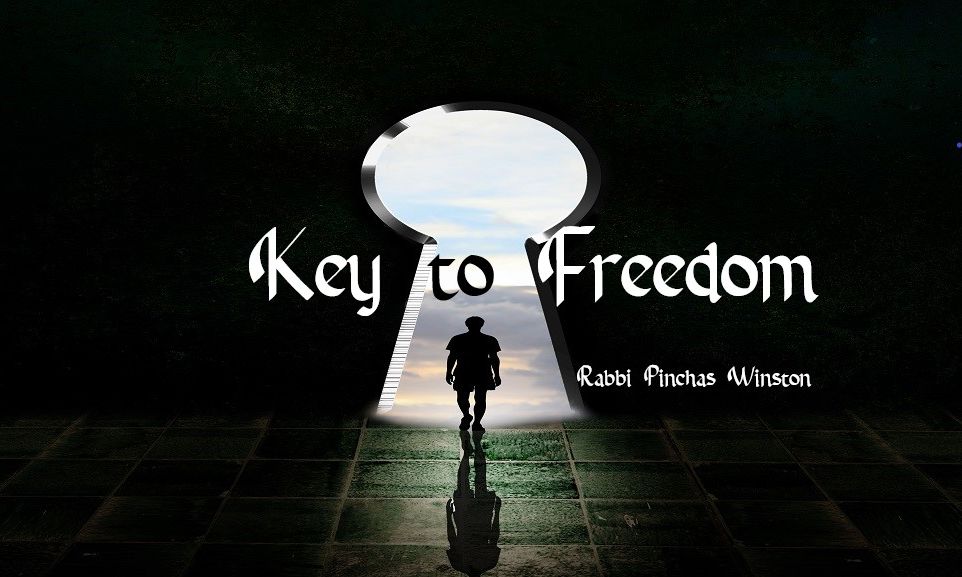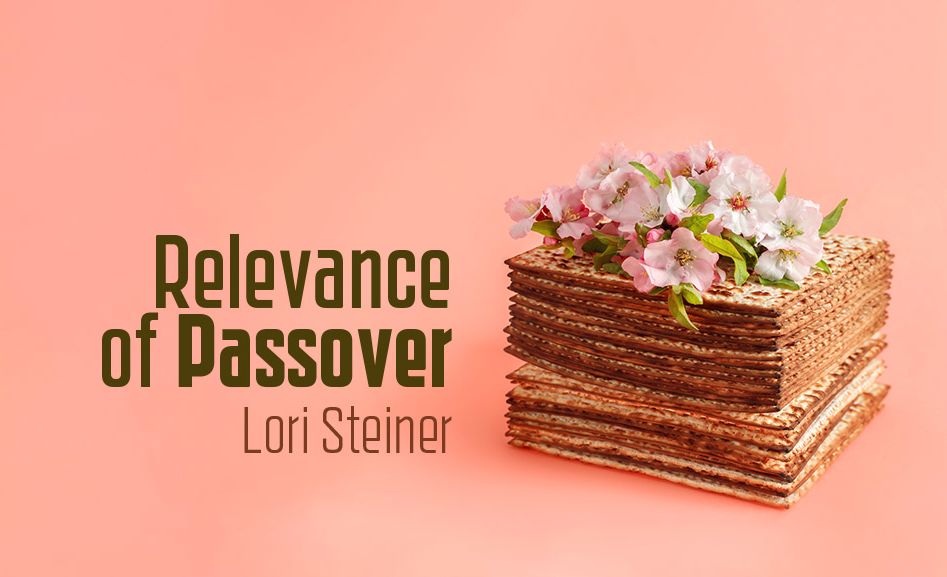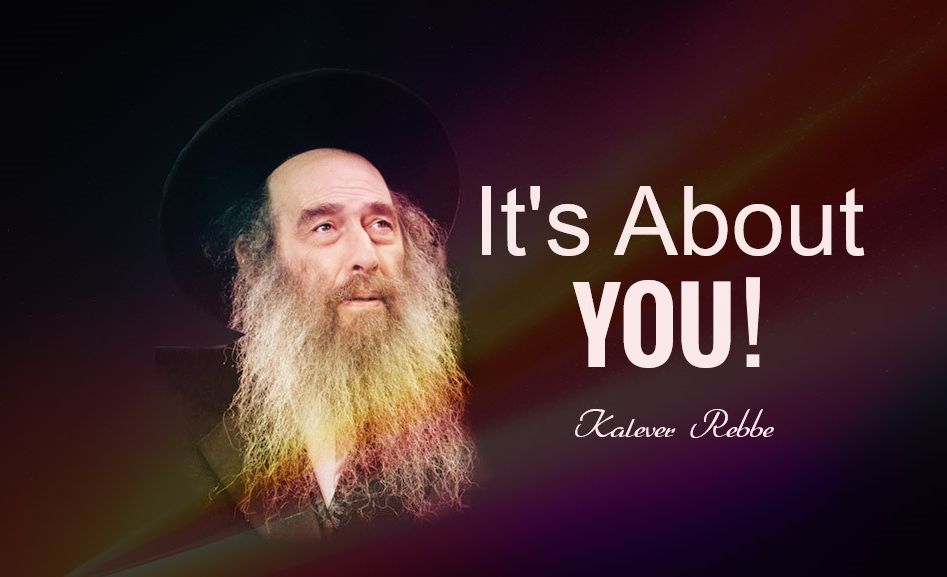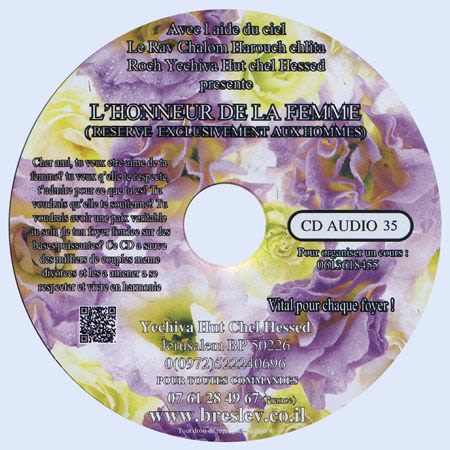To begin with, the Western World, while accepting nationalism to some degree, also emphasizes the need to look at all people as struggling equally toward a common goal. The Torah however, while concurring that we all ought to share a common goal, that being the perfection of creation according to G-d’s master plan, makes it clear that the Jewish people have a unique role in achieving it.
This special role emerged during the story of the Jewish redemption from Egyptian slavery. As in most cases in the Torah, confrontations are less between people as they are between ideologies, represented by the two opposing sides, in this case, Moshe and Pharaoh. The fact that they had argued over the freedom of the enslaved Jewish people is secondary, as history has proven.
After all, how else can we explain the longevity of the Jewish people, against all physical odds (even our worse enemies have wondered aloud about the survival of the Jewish people)? Our miraculous resilience (in spite of the way anti-Semites have tried to decimate our numbers, or, from the other end, assimilation and inter-marriage have taken their toll), must be for a reason, and that reason is more to do with what we represent than who we are.
In other words, though it is true that G-d loved Avraham and promised to look out for his descendants, still we have done enough wrong over the generations to warrant being abandoned by G-d. In fact, the Midrash states that, had the Jewish people not accepted Torah at Mt. Sinai when they had, then the entire universe would have reverted back to the null and void of Day One of creation. It was the acceptance of Torah that saved our lives (and the world for that matter).
Therefore, the exile of the Jewish people in Egypt represented the exile of a Torah-based society in an anti-Torah society. After all, the “seventy souls” that went down to Egypt under Ya’akov’s care were all descendants of Avraham, who, the Talmud states, kept all of Torah-400 years before it was even given!
What does Torah advocate? Torah, above all, teaches that man was made in the “image” of G-d, and is therefore expected to live up to that image. In spite of all the similarities between us and the animal world, we are still very different, having been imbued with a higher level of soul, and the power of speech. Animals do not have commandments as we do – seven Noahide laws for the non-Jewish nations, and 613 commandments for the Jewish people-all of which are supposed to help us strive to be godly, to imitate our Creator.
That was not Egypt’s point of view. In Egypt, the gods were cast in the image of man and the natural world around him. Within such a philosophy you will find plenty of ritual, but very little commandment in the Torah sense. Rituals may be strenuous, but they satisfy some physical or psychological need, and are, therefore, self-serving. Commandments, on the other hand make demands upon us that we otherwise might not have made, to and end to which we might not have normally related.
This is why Egypt, for all its gods, was still an extremely sybaritic society. Self-aggrandizement and physical gratification was the name of the game, usually at the expense of someone else, like the Jewish people. Needless to say, Egypt did not even come close to justifying her existence by G-d’s standard.
Did G-d systematically and utterly decimate Egypt and miraculously free the Jewish people so that they could go out mimic the Egyptian lifestyle in their own way? There have been many enslaved nations in the history of mankind, and G-d rarely, if ever, turned history upside down to grant them liberty.
Besides, what was the worst thing that could have happened to the Jewish people had they stayed in Egypt longer? The slave trade transported Black people from South Africa in the 1700’s, and enslaved them in America for a long time. However, over time, slavery was banned and America is working on overcoming all forms of prejudice. The blacks have gone free, and struggle now to be as American and the white Americans, and to enjoy equal benefits.
Likewise, it can be safely assumed that, had the Jewish people remained in Egypt longer, they too would have benefited from political upheaval and changes in government policy. No nation rules forever, and no nation remains enslaved forever either. Eventually, the Jewish nation would have tasted physical freedom, and the exodus from Egypt only sped the process up.
So what was gained? What was the crisis that drew G-d into the fray, so-to-speak? True, physically the Jewish people would have come to know freedom, but spiritually? Had G-d not interfered in Jewish destiny when He had and brought the Ten Plagues, then the Jewish people would have lost any connection to their ancestors before them, and would have assimilated into Egyptian society, their Torah-base having completely dissolved. As it was, they already worshiped the Egyptian gods!
It is this that we recall each Pesach. Mitzrayim was a nation, but more appropriately, it is the name of an attitude toward life. If so, then we can appreciate the Haggadah’s mandate to all subsequent generations to look at themselves “as if they too left Mitzrayim.” Egypt the nation was destroyed; Mitzrayim the philosophy lives on in every generation-be it in Spain in the 1400’s, Europe in the 1800’s, or America in the 1900’s-challenging the belief system of the Jew, alluring him away from his Divine mission.
This is why there is such an emphasis during Pesach to avoid chometz (leaven) at all costs. In fact, so severe is the prohibition that a Jew, who willfully consumes chometz during the week of Pesach, is “cut off” from the Jewish people! Clearly chometz, at least the concept behind it, is very much tied to what Egypt stood for, and what the Jew is to rise above (pun intended).
After all, what is chometz but “inflated” matzah? When a flour and water mixture is allowed to sit unworked for at least 18 minutes, then a natural fermentation process begins that draws air into the dough and causes a rising effect. The addition of yeast enhances this process, and transforms flat matzah into air-inflated bread.
 This is a parable for the human being, who, psychologically, is a combination of essential personality and that which can be called the “bloated” part of the personality. The latter is the part of us that is an act we perform when “on stage” in life, to project images of ourselves that are not accurate representations of the way we really think and feel. The Yiddish word for this is “shtik.”
This is a parable for the human being, who, psychologically, is a combination of essential personality and that which can be called the “bloated” part of the personality. The latter is the part of us that is an act we perform when “on stage” in life, to project images of ourselves that are not accurate representations of the way we really think and feel. The Yiddish word for this is “shtik.”
However, we become so accustomed to acting this way that we believe this is also the true “us,” when in fact, it is not. Such self-misperception also interferes with our relationship with G-d, and the accepting of our responsibility vis-a-vis the Torah. Hence, Pesach is the time to destroy the chometz, that is, to get back to basics and to become re-acquainted with our real and essential selves, and the spectacular destiny that awaits the Jew once he is willing to come “home.” Pesach is our key to real freedom.
***
Pinchas Winston is the author of over 95 books on various topics that deal with current issues from a traditional Jewish perspective. He has also written on the weekly Torah reading since 1993, called “Perceptions”, as well as on current topics and trends affecting Jewish history, past and present. One of his missions is to make the depth and beauty of the more mystical teachings of Torah understandable and accessible to those who can really benefit from them. Visit his website at thirtysix.org.


 This is a parable for the human being, who, psychologically, is a combination of essential personality and that which can be called the “bloated” part of the personality. The latter is the part of us that is an act we perform when “on stage” in life, to project images of ourselves that are not accurate representations of the way we really think and feel. The Yiddish word for this is “shtik.”
This is a parable for the human being, who, psychologically, is a combination of essential personality and that which can be called the “bloated” part of the personality. The latter is the part of us that is an act we perform when “on stage” in life, to project images of ourselves that are not accurate representations of the way we really think and feel. The Yiddish word for this is “shtik.”










Tell us what you think!
Thank you for your comment!
It will be published after approval by the Editor.